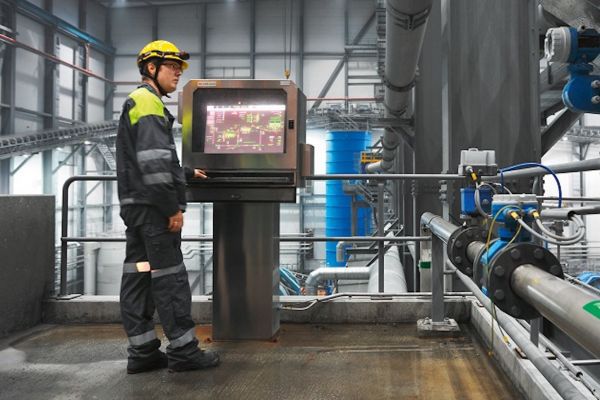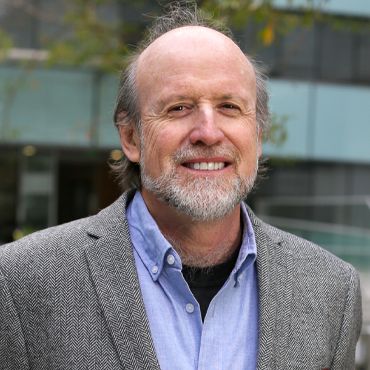The Project
Productive processes use various equipment and machine tools that operate with a high rate of use. Detention of any of them generates a decrease in availability that reduces the effectiveness of the production process as a whole. If these arrests also occur due to failures, it implies higher costs or losses making the production process more inefficient. To reduce the probability of failures it is usual to schedule a preventive maintenance, which is based on a simple analysis of local statistics for each equipment and on fixed criteria and estimates of the probability of failure that are highly dependent on the knowledge and experience of the managers.
The incorporation of predictive analysis to support the design of maintenance plans, has the effect of making the estimation of equipment availability more accurate and therefore a more efficient scheduled maintenance, reducing execution times and ultimately, reducing maintenance costs.
The prediction of availability is achieved from operating variables and parameters of the equipment, maintenance parameters (failure events, scheduled stops, stop times, repair times, etc.) and production parameters. The objective of the solution will be to predict the future availability of the equipment, at a certain horizon (days, weeks or other) and to deliver this forecast on a regular basis.

Our technological development will allow the industry to:
To obtain solutions based on computational intelligence, for predicting the value or status of relevant variables associated with the production process and / or the maintenance process in manufacturing plants, based on process and / or operation variables.
Improve or make the equipment or the production line more reliable or available (in the case of maintenance) or the quality of the process results more predictable (in the case of the productive process).
This project is led by the Universidad de Santiago de Chile, where they have developed dynamic models, for virtual sensors, prediction and / or simulation, using computational intelligence tools. For more than ten years they have created various applications that have been supported by Fondecyt and Fondef grants They have developed black box and gray box models for semi-autogenous grinding, in dryers, in bioprocesses, in ATMs and for mining maintenance as well as published generic methodological proposals. Currently, together with the associated company Alaya, a company dedicated to developing SW solutions and technology in various fields, they are starting this project aimed at the manufacturing industry.

Dr. Gonzalo Acuña
Project Director

Dr. Francisco Cubillos
Alternate Director


